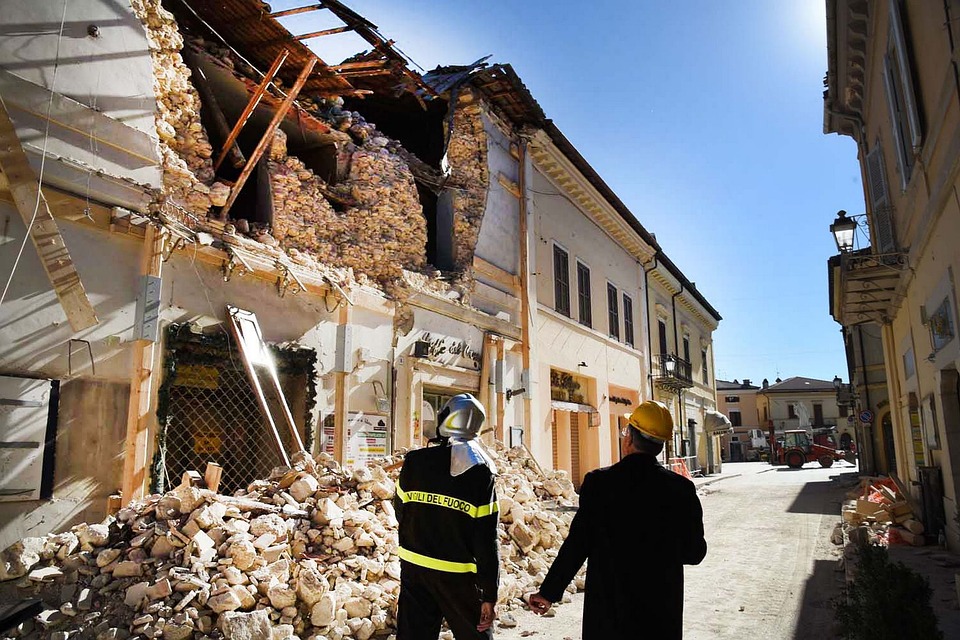Foreign Languages Should Not Be a Barrier to Natural Disaster Recovery Posted by Transparent Language on Dec 4, 2017 in Archived Posts
Natural disasters cannot be prevented, but the devastation can be mitigated through proper preparedness. That, of course, includes being prepared to communicate in different languages.
In an analysis on post-disaster reconstruction, researchers from the Institute for Risk and Disaster Reduction found that modern disaster management hinges on “communicating with communities, rather than communicating to communities”.
That communication occurs on many fronts, particularly the dissemination of information to (and gathering information from) locals affected by the disaster. A study (IOM 2014) conducted in the aftermath of Typhoon Haiyan in the Philippines indicated that people preferred to receive important information in person or via radio or TV broadcasts. This is a best practice regardless of preference, considering that average literacy levels may not accommodate printed materials in some areas.

Communication and collaboration among governments, international aid organizations, and community leaders underpins effective, organized relief efforts. Working together encourages dialogue and community participation, both important in identifying the needs of the affected population and defining the role of relief organizations. For example, according to a US News report, “after the 2003 earthquake in Bam, Iran, local community leaders and personnel from other provinces in the country played pivotal roles in facilitating the efforts of external relief agencies in affected communities.”
Before a storm hits, there are warnings to disseminate. In the wake of a disaster, there are logistics to be discussed, healthcare to be provided, supplies to be distributed, radio broadcasts to be recorded, and so on. But in what language? Knowledge of local languages is critical in including affected individuals, local aid organizations, key government players, and beyond. Disasters do not occur in the confines of major world languages.
In 2010, the world needed more Haitian Creole. In 2015, it was Nepali. This year, hurricanes and flooding throughout diverse communities Texas, Florida, and Puerto Rico underscored the need for more language preparedness even domestically, when some relief efforts failed to target Spanish speakers in affected areas. As we write this post, the island of Bali is calling for evacuations from areas within reach of a potential volcanic eruption. Are those warnings being broadcast in the local Balinese language in addition to Indonesian? Who is communicating with the many foreign tourists who flock to the island?
Best practices encourage using a variety of mediums (in person, TV, radio, etc.) to reach the widest possible audience and collaborating with all the key players on the ground. That means news outlets, first responders, medical professionals, aid organizations, and local officials must be prepared to listen, speak, read, and write in any language, at any time. Natural disasters present many barriers, language shouldn’t be one of them.
That’s why Transparent Language continues to add support for new, less-common languages in our online platforms and training programs. With the addition of Nepali, Hmong, and Nahuatl in 2017, Transparent Language can now support general language proficiency—or your own specialized disaster relief curricula—in more than 120 languages.

Build vocabulary, practice pronunciation, and more with Transparent Language Online. Available anytime, anywhere, on any device.




Comments:
Kurt:
That’s great! It’s so frustrating when there’s some miscommunication or an inability to communicate well.